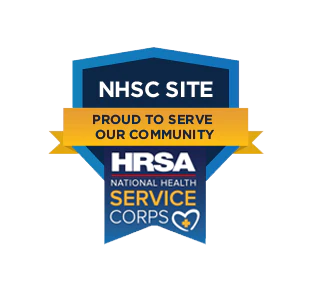
This blog post was written by Lindsey Anderson, MSW, LCSW-IT, a Behavioral Health Therapist at the Beloit Area Community Health Center.
Everyone needs a good support system
We all have heard songs that encourage us to being there for others and support us in time of need, for example: “Lean on Me”, “You’ve Got a Friend in Me”, and “I’ll Be There” to name a few. These songs share how people going through a difficult time depend on support, comfort, and love from others to see the light at the end of the tunnel.
Support systems can include friends, family, coworkers, pets, significant others, coaches, teachers, church members, and more. Support systems are those that will pick you up when you are down, have your best interest in mind, and will not judge your thoughts and feelings.
Having people you trust and can turn to are crucial in your mental health journey to prevent isolation, increase in symptoms, and reduce risk of harm. The thing that scares people the most is asking for help, but it is also the same thing that can save you.
Importance of Support Systems
- Influence on physical and mental health that lowers the risk of diseases, dementia, depression, and anxiety.
- Promotes a sense of belonging, safety, and security
- Keeps you connected in life and to not isolate
- Find solutions to problems
- Normalize feelings and provide different perspectives on natural emotions and feelings
It is normal to go through phases in your life to sit back, reflect, and evaluate your support system and see if there is room to grow based on your needs.
Helpful Tips to Build a Support Systems
- Review your current family and friends; evaluate who may be helpful.
- Try new activities to expose yourself to different people.
- Join a club or organization
- Get active with being on a sports team.
- Let important people in your life know that you appreciate them.
- Be willing to ask for help.
Support systems are give and take relationships. You may find yourself needing support one day and find yourself giving your shoulder to learn on the next.
How Can You Help as a Support Person?
- Be willing to listen and be patient
- Give positive reinforcement and encouragement
- Offer assistance and check-in phone calls
- Create a low stress environment to have a discussion
- Help find local organizations and resources
- Make plans together
- Look for worsening symptoms and contact appropriate people that can help and take action













